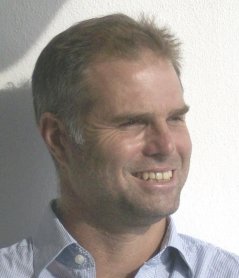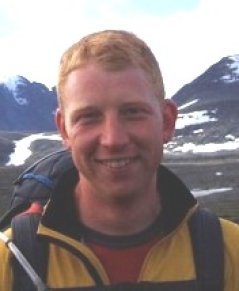
The Institute of Geography and Earth Sciences (IGES)
The Institute of Geography and Earth Sciences (IGES) is one of the largest geography departments in the UK, with over 40 staff specialising in both human and physical Geography. In the Earth Observation Unit of IGES, research focuses on the integration of multi/hyperspectral, radar, LiDAR and aerial photography for characterising terrestrial ecosystems and understanding their response to natural and anthropogenic (including climate) change.
Our research also deals with quantifying carbon stocks and dynamics and biodiversity, with particular focus on subtropical and tropical forests (including mangroves), wooded savannas and temperate semi-natural habitats. IGES is also a Centre of Excellence for eCognition.
Staff involved

Richard Lucas
Richard Lucas PhD has expertise in integrating ground, airborne and spaceborne remote sensing data for ecological studies and local to regional characterisation and monitoring of ecosystems. He has been central to the design and development of a new map of semi-natural habitats for Wales, demonstrating the use of ALOS PALSAR data for regional mapping of forest biomass and growth stage in Queensland, Australia, and using temporal spaceborne and airborne datasets for understanding ecosystem dynamics in the tropics and subtropics.

Peter Bunting
Peter Bunting PhD has expertise in the computation processing and analysis of ground, airborne and spaceborne remote sensing data. In particular, his research focuses on the development of new and innovative algorithms for the use of multi/hyperspectral and LiDAR data for understanding ecosystem dynamics and terrestrial vegetation. Outputs of his research have included the development of the open source software project ‘The Remote Sensing and GIS software Library’ (RSGISLib; http://www.rsgislib.org).